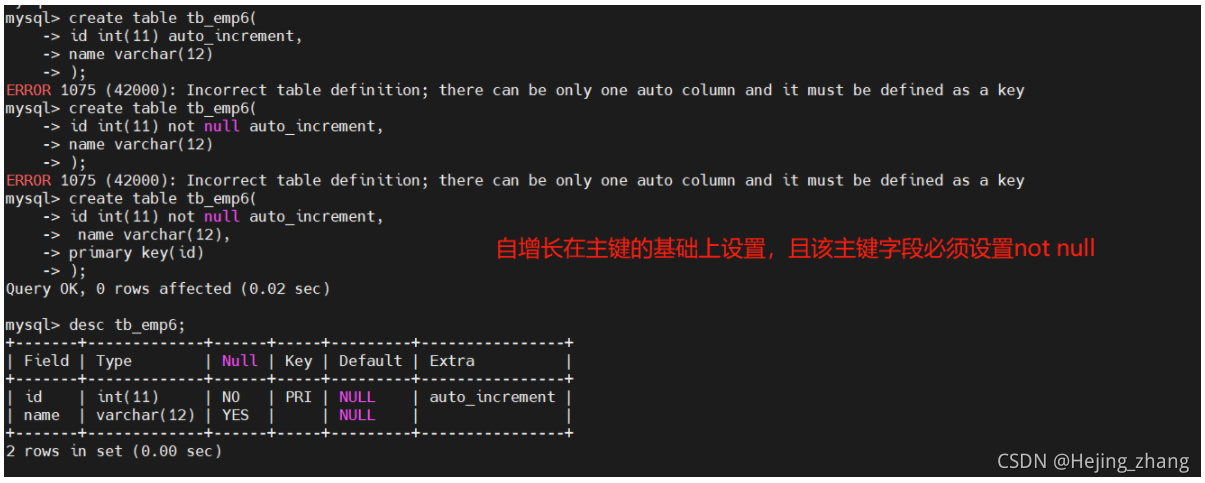Error creating bean with name ‘dataSourceScriptDatabaseInitializer’ defined in class path resource [org/springframework/boot/autoconfigure/sql/init/DataSourceInitializationConfiguration.class]: Unsatisfied dependency expressed through method ‘dataSourceScriptDatabaseInitializer’ parameter 0; nested exception is org.springframework.beans.factory.BeanCreationException: Error creating bean with name ‘dataSource’ defined in class path resource
Error creating bean with name 'dataSourceScriptDatabaseInitializer' defined in class path resource [org/springframework/boot/autoconfigure/sql/init/DataSourceInitializationConfiguration.class]: Unsatisfied dependency expressed through method 'dataSourceScriptDatabaseInitializer' parameter 0; nested exception is org.springframework.beans.factory.BeanCreationException: Error creating bean with name 'dataSource' defined in class path resource
The reason for my error is that I made an error when using @springboottest automatic injection when I first learned spring data JPA
@SpringBootTest
//springbootTest The server is not turned on by default,
public class MainTest {
@Autowired
UserRepository userRepository;
@Test
void t1(){
System.out.println(userRepository);
}
}
I searched the Internet for several hours and debugged it. I found that the datasource was always empty, because it was tested and run in the test method at that time, and the errors given were always the same as above. However, I clearly configured the database in application.yml, and later found it during overall debugging, Failed to load driver class com.mysql.cj.jdbc.driver in either of hikariconfig class loader or thread context classloader
<dependency>
<groupId>mysql</groupId>
<artifactId>mysql-connector-java</artifactId>
<version>8.0.25</version>
</dependency>
Of course, it may also be due to other errors. If you also encounter this error, you can see whether you have added MySQL dependencies to your dependencies
